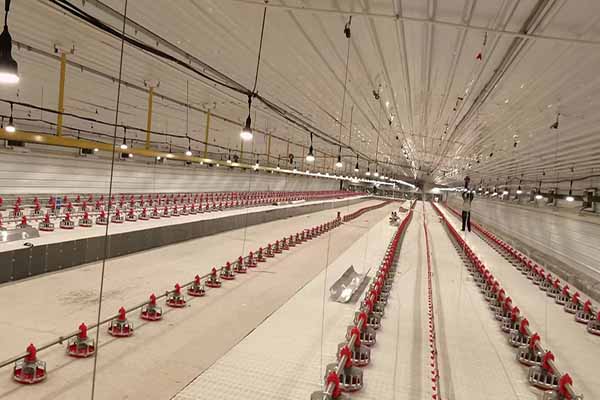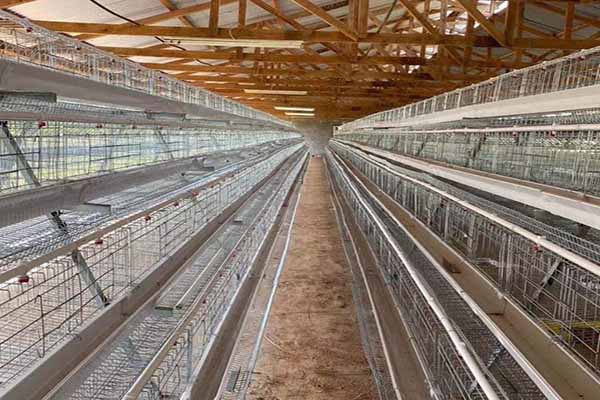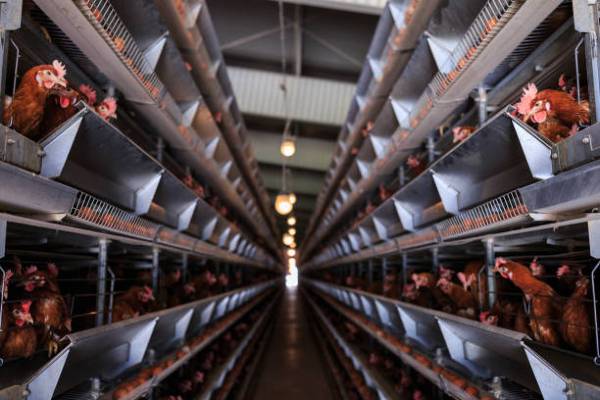Optimizing Poultry Cage Curriculum: A Comprehensive Support Guide for Chicken Farm Owners
Chicken farming is a highly technical and dynamic industry, requiring continuous updates to the poultry cage curriculum. This article aims to provide chicken farm owners and investors with valuable insights into optimizing poultry cage curricula to enhance productivity and efficiency. Let’s dive into the essential elements of curriculum support and how it can revolutionize your farm.

Understanding Poultry Cage Curriculum
Poultry cage curriculum is a structured framework that outlines the best practices for chicken farming. It includes aspects such as housing design, ventilation, feeding, and biosecurity measures. By following a well-structured curriculum, chicken farm owners can maximize their farm’s potential and minimize risks associated with poultry diseases and environmental factors.
Key Elements of a Poultry Cage Curriculum
- Housing Design: Proper design of poultry cages is essential for promoting growth and preventing health issues. Consider factors like cage size, spacing, and materials for optimal results.
- Feeding: A balanced diet ensures healthy chickens and improves productivity. Learn how to formulate a nutrient-rich diet tailored to your chickens’ needs.
- biosecurity: Implementing biosecurity measures is crucial to protect your chickens from diseases. Learn the best practices for minimizing the risk of contamination.
- ventilation: Good ventilation is essential for maintaining a healthy environment in poultry cages. Understand the importance of adequate air exchange and humidity control.
Benefits of Curriculum Support
Curriculum support plays a vital role in ensuring that chicken farm owners stay up-to-date with the latest advancements in the poultry industry. Here are some key benefits:
- Increased Productivity: By following a well-structured curriculum, chicken farm owners can maximize their farm’s productivity and reduce costs.
- Reduced Disease Risk: A well-designed curriculum helps in implementing effective biosecurity measures, thus reducing the risk of poultry diseases.
- Environmentally Sustainable Practices: A curriculum that promotes environmentally sustainable practices ensures that your farm operates efficiently while minimizing its impact on the environment.
Data-Driven Decision Making
One of the key components of curriculum support is data-driven decision-making. By analyzing farm performance data, chicken farm owners can make informed decisions that lead to improved productivity and profitability. Here’s how you can leverage data:
- Performance Metrics: Monitor key performance indicators like feed conversion ratio, mortality rate, and egg production.
- Environmental Factors: Assess factors like temperature, humidity, and air quality to ensure optimal conditions for your chickens.
- Farm Management: Use data to make informed decisions about feeding, vaccination schedules, and other farm management practices.
By integrating these data-driven approaches into your poultry cage curriculum, you can optimize your farm’s operations and achieve long-term success.

Get Your Free Chicken Farm Design and Equipment Quotation
Are you ready to take your chicken farm to the next level? Contact LIVI Mechanical today and get your free poultry cage design and equipment quotation. Our team of experts is dedicated to provid ing customized solutions to meet your farm’s unique needs. Don’t miss this opportunity to enhance your farm’s productivity and profitability!
ing customized solutions to meet your farm’s unique needs. Don’t miss this opportunity to enhance your farm’s productivity and profitability!



